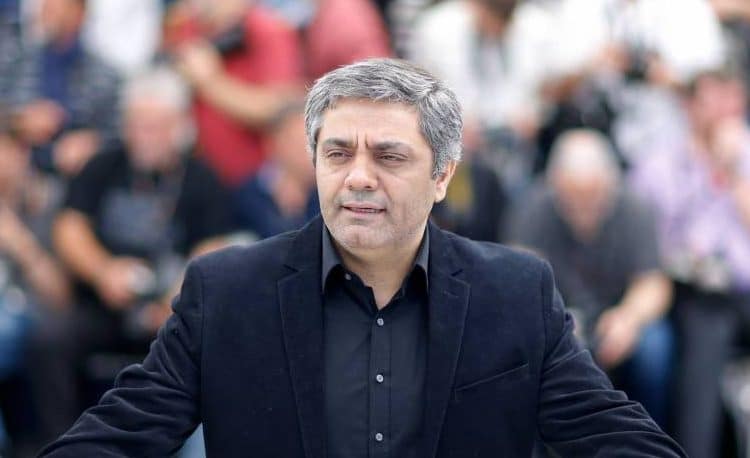Mohammad Rasoulof threatened after winning prize at Cannes Film Festival
LATEST
Iran’s officials have banned award-winning director Mohammad Rasoulof (pictured) from making films or leaving the country.
The restrictions are the latest in a campaign to shut down Rasoulof since the disputed 2009 Presidential election. In March 2010, he and fellow director Jafar Panahi were arrested. Rasoulof was subsequently sentenced to six years in prison, although on appeal, the sentence was reduced to one year in prison and has not been enforced.
The director said that the latest move against him came on September 11, when his passport and belongings were seized at a Tehran airport. Rasoulof had just returned from winning the Un Certain Regard prize at the Cannes Film Festival for “A Man of Integrity”. The film, which has not received a permit for screening in Iran, focuses on corruption in the Islamic Republic.
Rasoulof said he was told to appear at the Culture and Media Court, but informed a few days later that should not go to court until further notice. Then, on October 3, he was questioned for more than 4 1/2 hours about his films by Revolutionary Guards intelligence organization, and told he had been charged with “assembly and collusion against national security” and “propaganda against the state” — the same allegations for which he was sentenced in 2010.
The director said of the Guards officers:
They were very angry. They insisted that I had smeared the values of the [1979] revolution in my films.
One of the interrogators said frankly that independent cinema is a joke and should be banned. I told him that if independent cinema is a joke, why don’t you let me tell my jokes?
The interrogators also said that Rasoulof, whose films consider discrimination in Iran, is defending members of the Baha’i faith, who are harassed and detained in the Islamic Republic.
Two of Rasoulof’s colleagues, including producer Kaveh Farnam, have also been banned from travel outside Iran.
Supreme Leader: US Supports ISIS and “Terrorists”
The Supreme Leader has repeated his line that the US is supporting the Islamic, “Takfiri terrorists”, and authoritarian regimes in the Middle East.
Ayatollah Khamenei told officials in Tehran on Wednesday:
The US, which is one of the most corrupt and oppressive governments in the world, is our main enemy. They supported terrorists and Daesh as much as they could; they are still covertly assisting Daesh and the Takfiris, likewise.
Our main enemy—the U.S. regime—leads the most corrupt and oppressive govt. According to news we’ve received, they’re still supporting ISIS and the like. They support the Saudi tyrannical ruling family in their crimes against #Yemen, & support Zionist atrocities in #Palestine.
— Khamenei.ir (@khamenei_ir) December 27, 2017
Khamenei has used the hostility to Washington to justify Iran’s intervention in the Syrian civil war, its approach to Iraq, and its political line on regional affairs such as the Yemeni conflict and the Israel-Palestine issue.
The Supreme Leader also used Wednesday’s speech to push back on any criticism of Iran’s human rights record:
[The US] commit crimes in its own country; the US police kill black women, children and youth, and they get acquitted at the court. This is their judiciary system. Then they criticize the judiciary systems of other countries and the faithful judiciary system of our country.
Khamenei then turned against unnamed high-profile individuals inside Iran, claiming that they are working for the Islamic Republic’s enemies:
During war, you should guess what the enemy intends to do, but, nowadays, you don’t need to guess; thousands of lie-shooting arsenals are working against the Iranians to make them disappointed and pessimistic, and take their confidence.
Unfortunately some people do the same in the country; they lack piety. Such people have political religion, instead of religious politics; their religion is politicization.
Some observers speculated that the Supreme Leader was referring to the opposition Green Movement’s leaders Mir Hossein Mousavi, Mehdi Karroubi, and Zahra Rahnavard, held under strict house arrest since February 2011: “Among them are some of those who once had or now have all the managerial facilities of the country and take the role of opposition.”
However, Khamenei also appeared to be pointing at individuals who are still active in Iranian politics and religion: “Some even have media and pulpits. They can talk but they don’t take into account either God and religion, or fairness.”
He continued, “The ones that had or have the country in their hands don’t have the right to talk against the country; they must be responsible.”

